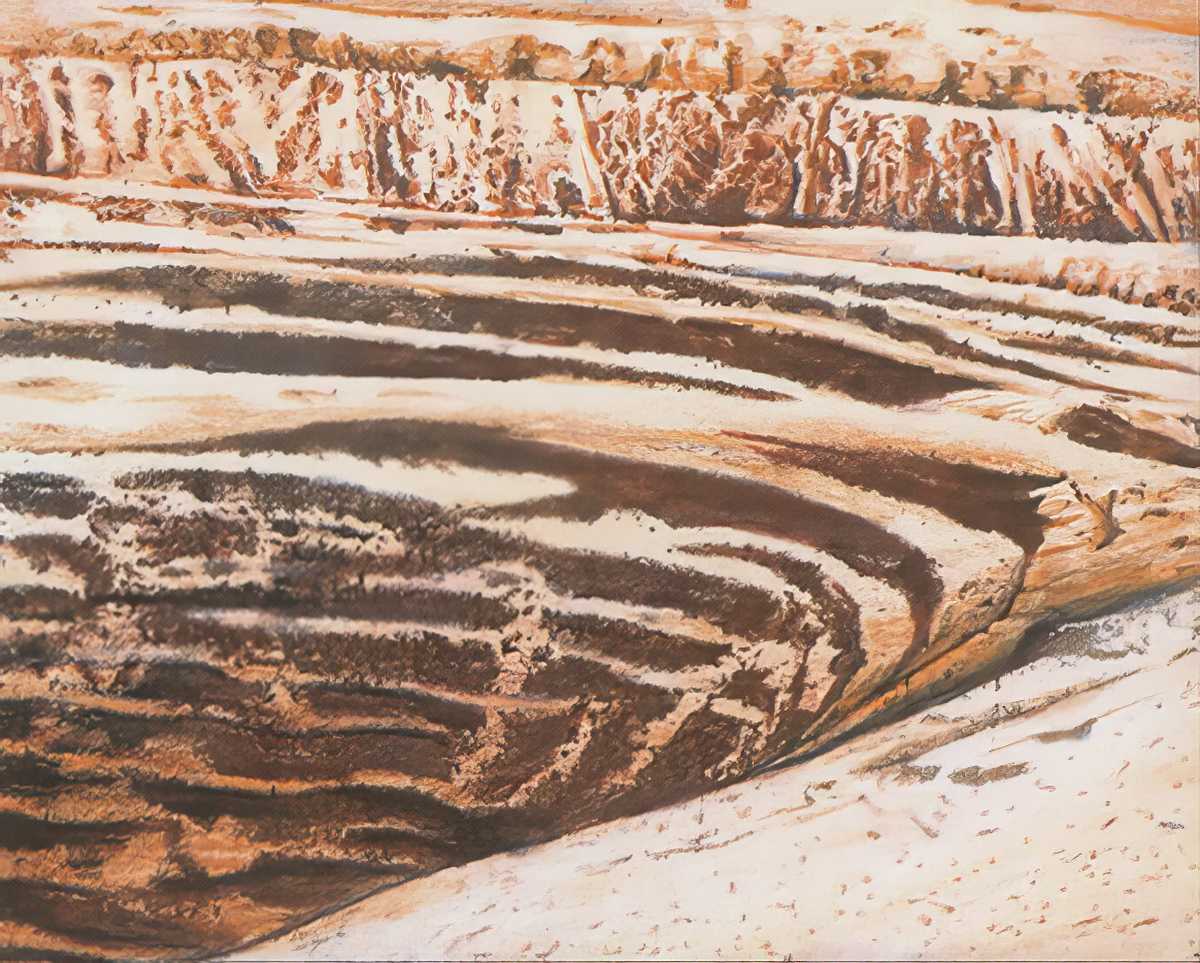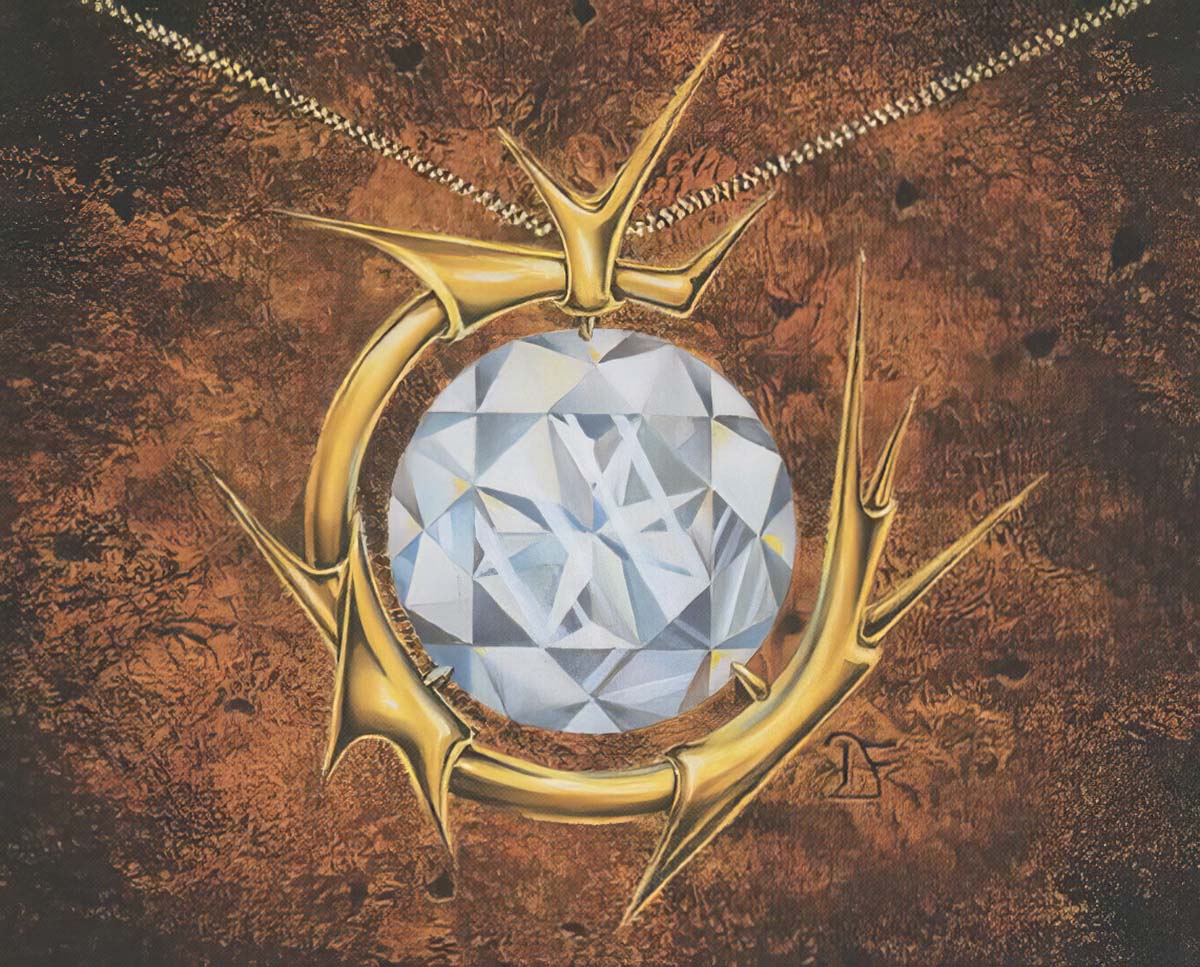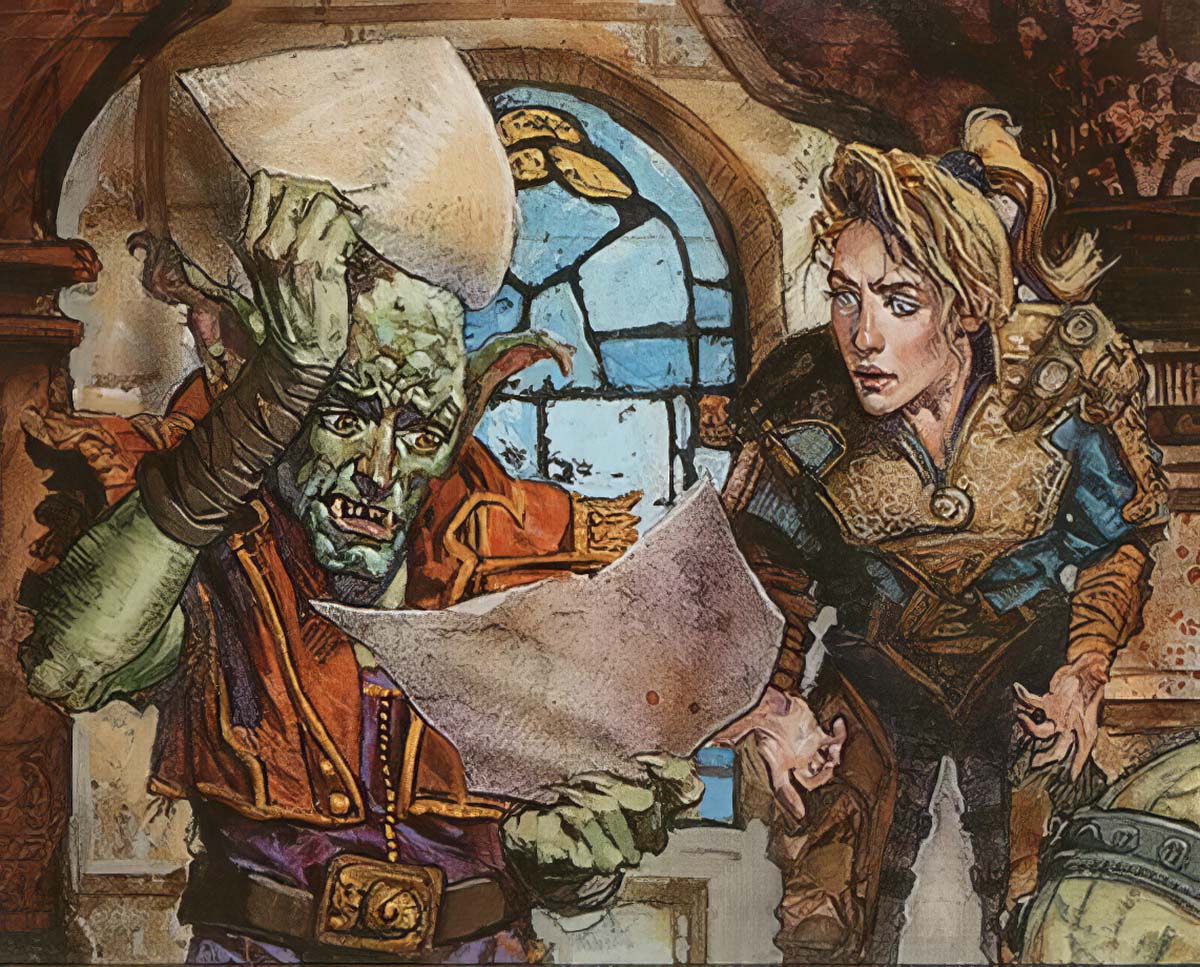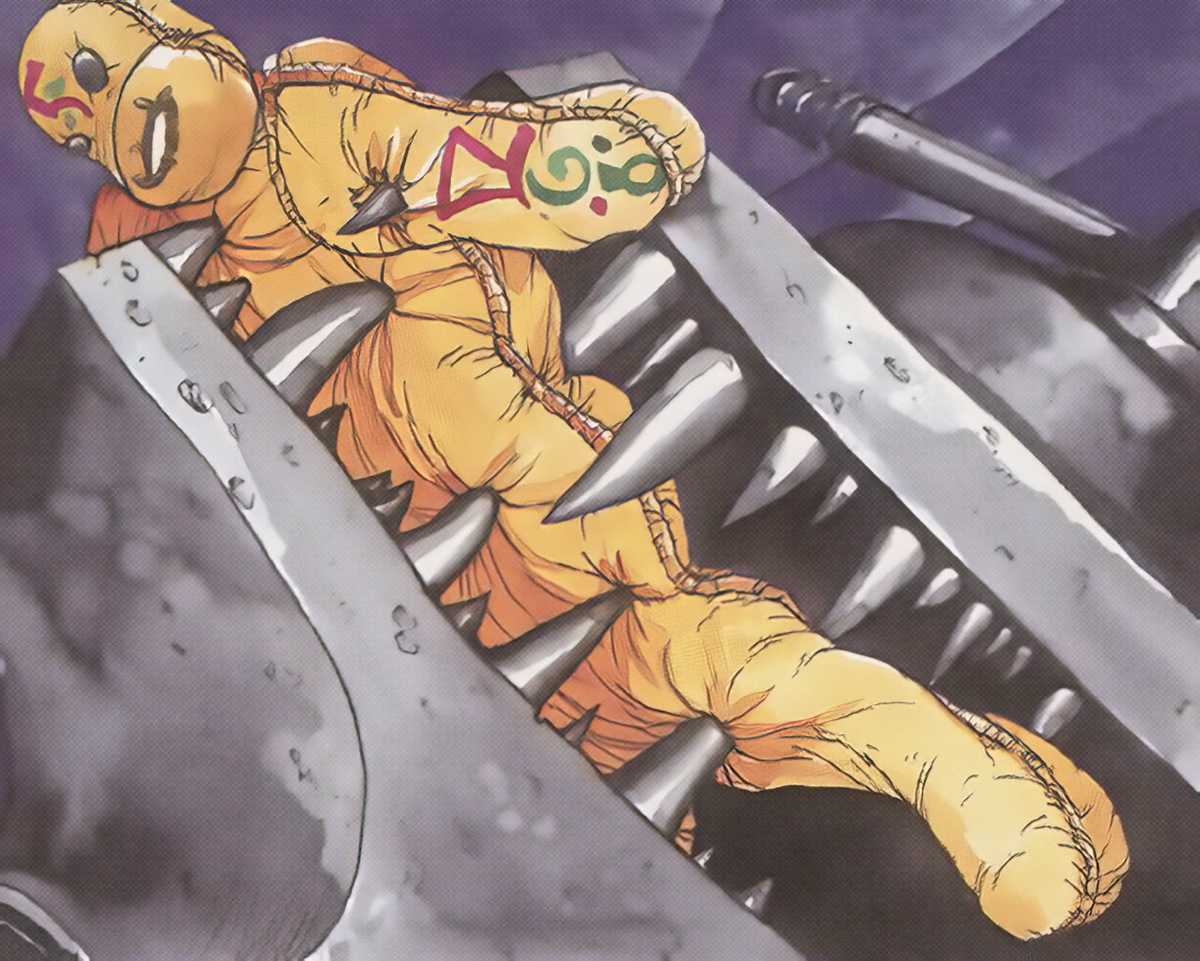Please note that this posting does not contain the up-to-date rules. This posting is retained for historic reference.
Valid as of June 11, 2004.
Deck Construction
Each card only once
The fundamental rule for selecting cards for a Highlander deck is that each card, except for basic lands (and snow-covered basic lands), may only be included once per deck. As always, the determining factor is the English name of the card.
Minimum of 100 cards
Additionally, the deck must contain at least 100 cards.
Card Pool
In principle, all Magic cards produced by Wizards of the Coast™ may be used for deck construction. The following exceptions apply:
- Cards on the (modified) banned list may not be included in the deck. The banned list is based on the DCI Type 1.5 format (Type 1 without restricted cards), with some changes that are sensible for the Highlander 1.5+ format.
- All cards from the set Unglued are banned, except for basic lands.
- Cards from Portal, Portal II, and Portal – Three Kingdoms are tournament legal.
- Cards from the following sets are tournament legal, provided they cannot be distinguished from the back. To ensure that the cards from the editions with square corners cannot be distinguished from regular Magic cards, the corners of the cards must be rounded accordingly. The cards must be played in sleeves with non-transparent backs.
- Alpha Edition
- International Edition
- Collector’s Edition
- World Championship Decks
- Proxies are not allowed.
- Cards with the Buyback ability may be used, but they are played as if they do not have the Buyback ability.
- Dust Bowl may only destroy non-basic lands with non-mana-producing abilities (e.g., Maze of Ith, Mishra’s Factory).
Mulligan
Extended Mulligan
To mitigate the increased chance of “mana screw” (too few lands) or “mana flood” (too many lands) on the starting hand caused by the 100-card rule, the following special Mulligan applies for the first drawn starting hand (based on the “old” Mulligan rule):
If a player has zero, one, or seven lands on their initial starting hand, they may show their hand to their opponent (who has the opportunity to view the cards), shuffle the hand back into the library, and then draw seven new cards. This Mulligan does not grant the opponent the right to take a similar Mulligan.
Alternatively, the player may opt for the standard “one card less” Mulligan (also known as the “Paris Mulligan”), which is also available after the special Mulligan.
Sideboard
No Sideboard!
Play is conducted without a sideboard. Tournaments with a small number of players are generally played in a “round-robin best-of-one” format. Since sideboards cannot be used in this format, players who rely on their sideboards for deck construction would be at a disadvantage.
This rule also forces players to better adapt their decks to the expected metagame (the deck types most likely to be played) by constructing their decks accordingly.
For example, slow decks should be able to overcome the “Genesis Engine.” Players who expect more beatdown decks might include more mass removal or life-gain in their decks. Such considerations should be factored into deck construction. In “round-robin” tournaments, the player’s deck must be able to beat every other deck (or at least most of the field) to win the tournament.
Banned List






